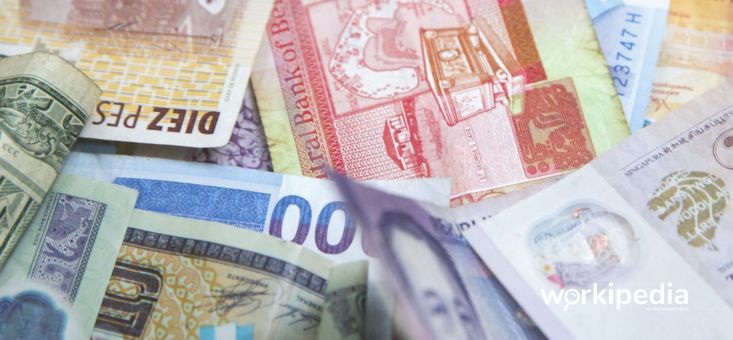It’s no secret that we need a greener and more sustainable world to stop and reverse climate change. It’s for that reason that the our Singapore budget focuses on building a sustainable nation. The Singapore Green Plan 2030 has numerous initiatives to create a green, sustainable and liveable home.
These grand plans do need some initial investment. But on a larger scale, these initiatives can actually help save money — not just for Singapore, but for you too.
There are over 100,000 jobs available on MyCareersFuture. Apply for your next job role here!
Sustainable means also more cost-effective
There is a common misconception about sustainability. It’s often considered to be an expensive undertaking. However, this is not true — sustainable actions will actually help you save money.
It’s only in the beginning that you may have to invest in going green. With any other investment, you need to put in some extra time, effort or money to see a return. So here are some ideas to help you to go green on a budget and save you money moving forward.
Transportation
Singapore’s policies are designed to encourage people to take public transport and reduce car ownership. Owning, driving and maintaining a car is expensive here. Besides the initial cost of buying the car, there are also the road taxes, insurance costs, the Certificate of Entitlement and rising fuel prices.
There are several ways to go green: car sharing, public transport, bike and scooter sharing, or getting your own bicycle. Singapore does, in fact, have one of the most efficient, clean and affordable networks in the world. All of these options are more sustainable than owning a car and none will cost you more than $500 monthly. Conservatively estimated, you are likely to save at least 50% per month.
Support green businesses
There are already many green and sustainable businesses and shops in Singapore. All you need to do is support them. While on the surface these shops might seem a little bit more expensive, the quality is usually higher. It’s simple — there will be less waste with higher quality vegetables and clothes that don’t use cheap material will last longer.
Home improvements
Think twice about what new machines you buy for your house. While eco appliances are generally more expensive, they will save you money each month. A household with such eco-friendly appliances will shave around $100 off your electricity bill every month.
If you own a landed property, you might want to consider installing solar panels. This is a big investment, we know, but it’s not only green energy; it can also save you around $250 monthly.
Read More: 5 Technology Recruitment Trends in Singapore in 2021
Your own herb garden
Don’t have a garden? Not to worry. Even without your own piece of land, you still can grow your own herb garden in your kitchen. There are many space-efficient sets available, which only cost around $100. If you cook a lot, this small investment is worthwhile. And if you do have a garden, take it a step further and grow your own vegetables.
| Activity | Alternative | What you can save |
| Transportation | Car sharing and public transportation | $250/month |
| Grocery shopping | Scoop Wholefoods, Unpakt, The Social Space | $100/month |
| Clothes shopping | Matter Prints, The Fashion Pulpit | $75/month |
| Home | Eco-friendly appliances, solar panel
Capture club |
$100/month
$250/month |
| Herbs | Your own herb garden | $25/month |
As we have seen, there are numerous ways to be more sustainable and save money at the same time. But there are many more ways in which you can make an impact. We all love to dabao our food home or to the office. However, have you ever wondered what happens to all the plastic?
Using a reusable container might not save you money, but it’s great for the environment. Simply keep a box at your office or in your bag (there are even foldable ones that don’t take up much space) — remember, you can make a difference.
This article is contributed by ValueChampion Singapore.















